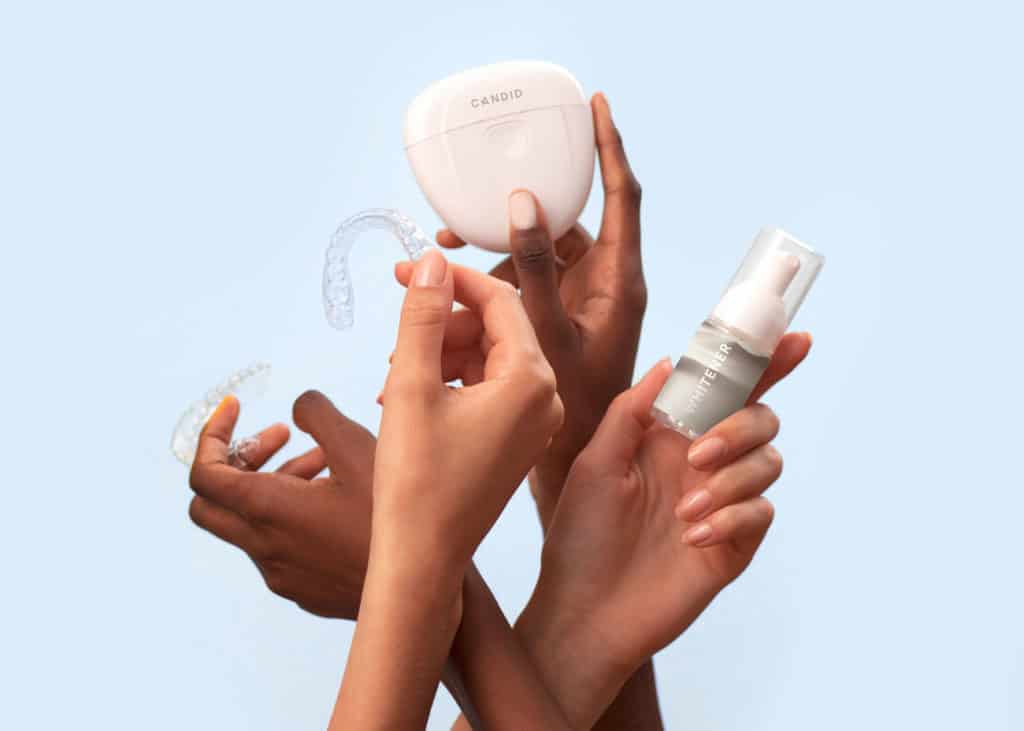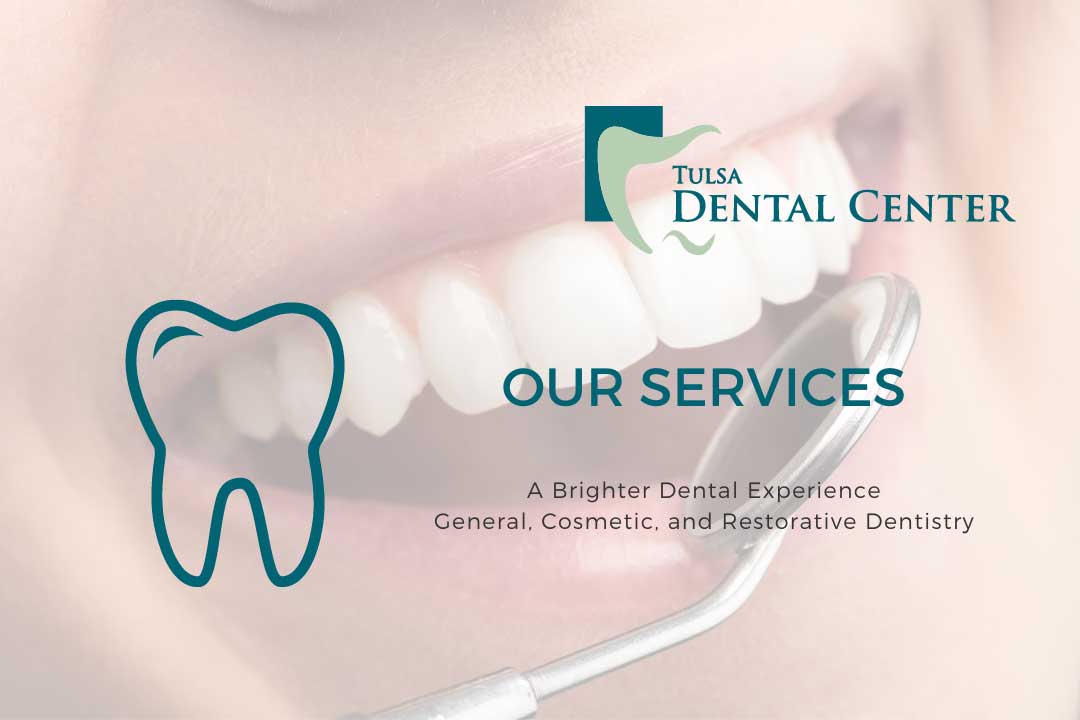How Often Should You Floss?
Flossing is an important part of dental hygiene, and everybody knows it. However, only 40% of Americans report flossing daily, and 20% of Americans don’t floss at all! While we would love to see 100% of people flossing daily, the first step is putting flossing on the same level as brushing, which only 70% of Americans do twice daily.
Unlike brushing, you only need to floss once per day, according to the American Dental Association.
The Importance of Interdental Cleaning
Flossing itself isn’t a daily requirement. Actually, interdental cleaning is what’s important, and flossing is a form of interdental cleaning. There are other forms, however. Interdental cleaning is anything that gets in the areas between your teeth, where a toothbrush can’t typically reach.
You might think flossing is as old as time, but floss as we know it today was actually invented as recently as 1819. Levi Spear Parmly created the first floss in New Orleans, and it didn’t become commercially available until 1882 when Codman and Shurtleft began selling unwaxed silk floss. In 1898, Johnson and Johnson registered the very first dental floss patent, but even then it didn’t start becoming popular until after World War I.
Both waxed and unwaxed flosses are quite common, and there are hundreds of brands on the market. The differences between brands are minute, however, and even the cheapest option available at your local supermarket will be very effective at improving your dental health.
In addition to regular floss, there is also dental tape, toothpicks, and water flossers.
Water flossers (AKA oral irrigators) have become very popular over the past few years, due to their ease of use. They use pressurized air and water to remove bacteria and food particles from your gums and teeth, removing the difficulty and discomfort that can come with regular flossing.
A lot of people enjoy using floss picks for the ability to reach further back in your mouth with ease.
Why is Flossing Important?
Plaque buildup is a dangerous thing to ignore. If you don’t keep plaque from building up, it will harden into tartar and cause gingivitis. Tartar cannot be removed at home – you will have to visit a dentist to remove it. Flossing allows you to stay on top of your oral health.
Tartar isn’t the only threat that not flossing will present. There are also bacteria in your mouth that feed on food particles and release enamel-eating acids that can cause cavities. The importance of clean interdental spaces cannot be understated.
When Should You Floss?
Whenever you want! The American Dental Association recommends flossing daily, at a time that is most convenient for you. Do it whenever you think about it, so you don’t forget or run out of time later.
Flossing can be done during your morning bus/subway ride, during your lunch break, before bed, while you’re watching TV, etc. Just don’t do it while driving! Anytime that you floss is better than not flossing at all.
How to Floss
Flossing is easy once you get the hang of it, and it can easily be done while watching TV without even distracting you from your favorite show.
When using traditional floss, break off about two feet of string and wrap it around the ends of your two index fingers, leaving a couple of inches of floss between them. Hold it taut and slide it between two teeth, moving it up and down against each tooth. Do this for every interdental space, using a fresh section of floss each time.
How do you Floss with Braces?
Flossing with braces is tough, but that doesn’t mean you get a pass. Waxed dental floss reduces your chances of getting tangled, but it’s still a possibility. If you really want to remove the risk of dislodging wires or getting tangled, consider investing in a water flosser.
Keep Your Mouth Healthy!
Unless you’re still a young child, your teeth aren’t going to come back if they fall out. You only get one set of adult teeth, so don’t waste them! Brushing twice daily, and flossing once daily will greatly improve your chances of having a happy, healthy mouth well into old age.
However, you still need regular deep-cleanings and checkups! Dr. Joanna Roulston and the whole Tulsa Dental Center team would love to help you with all of your dental needs. We recommend visiting every six months, or at least once a year. Give us a call at 918-446-6100 or email info@tulsadentalcenter.com to schedule your appointment.
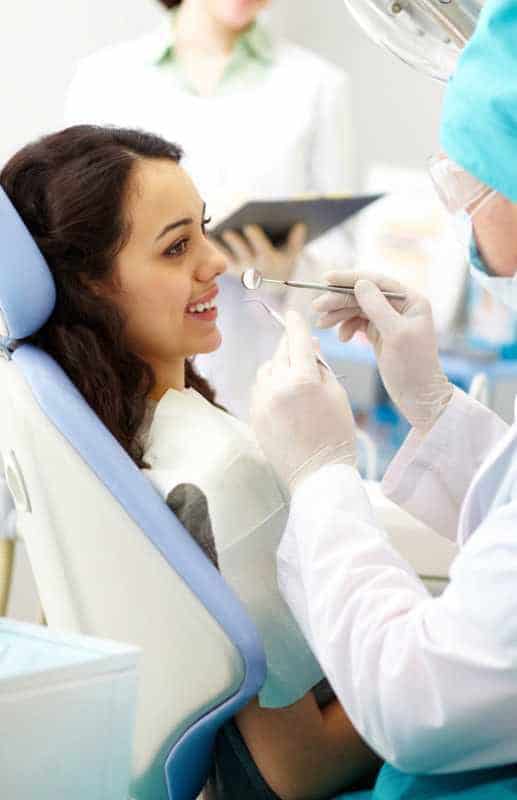
Looking for a Tulsa Family Dentist?
Related Reading:

Wisdom Teeth Removal: When and Why It’s Necessary
Your wisdom teeth earned their name because they typically emerge during late adolescence or early adulthood, presumably when you've gained some wisdom. Unfortunately, these third molars often bring more problems than wisdom to your oral health. Modern jaws have...
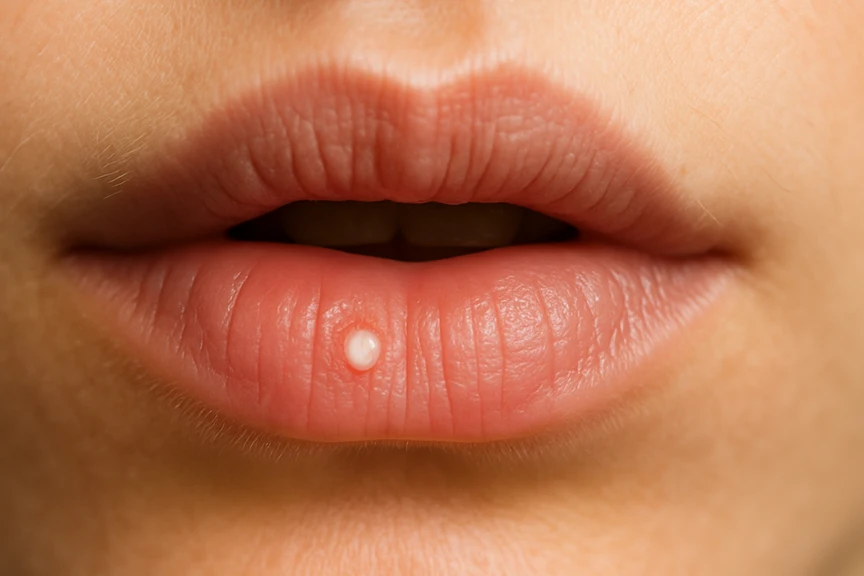
How to Get Rid of a Canker Sore in 24 Hours
Canker sores strike at the worst possible moments. Whether you have an important presentation tomorrow or a special dinner planned, these painful ulcers can make eating, drinking, and even speaking uncomfortable. While complete healing typically takes 7-14 days, the...
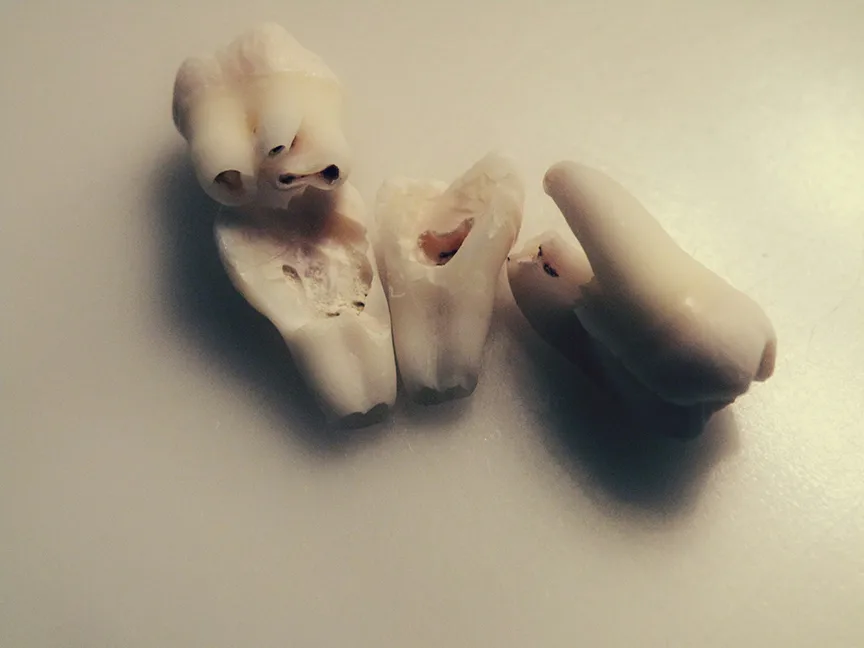
What to Do When You Have a Knocked Out Tooth: Emergency Steps to Save Your Smile
A knocked out tooth represents one of the most urgent dental emergencies you can face. Whether it happens during a sports game, an accident, or an unexpected fall, knowing how to respond in those crucial first moments can mean the difference between saving your...
.
Services:
Tulsa Dental Care provides a friendly and comfortable environment combined with the very latest in dental techniques and technology to create healthy, confident smiles.
We’re proud to call Tulsa home and love helping our friends and neighbors with our dental care.
Visit our services page to learn how we can serve your family’s dental needs.
Phone
Office Location
4824 S Union Ave,
Tulsa, OK 74107
Contact Information
Payment Methods:

Business Hours
| Monday | 8AM - 5PM |
| Tuesday | 8AM - 5PM |
| Wednesday | 8AM - 5PM |
| Thursday | 8AM - 5PM |
| Friday | Closed |
| Saturday | Closed |
| Sunday | Closed |

